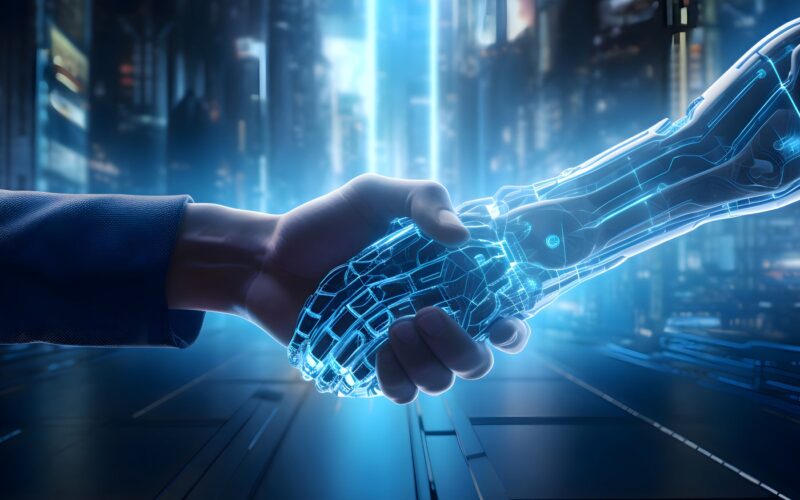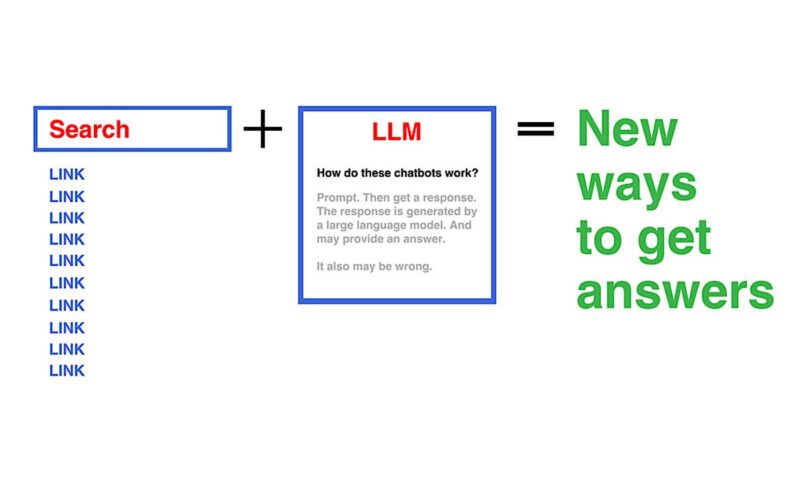27
Jun
Whether you are creating or customizing an AI policy or reassessing how your company approaches trust, keeping customers’ confidence can be increasingly difficult with generative AI’s unpredictability in the picture. We spoke to Deloitte’s Michael Bondar, principal and enterprise trust leader, and Shardul Vikram, chief technology officer and head of data and AI at SAP Industries and CX, about how enterprises can maintain trust in the age of AI. Organizations benefit from trust First, Bondar said each organization needs to define trust as it applies to their specific needs and customers. Deloitte offers tools to do this, such as the…







